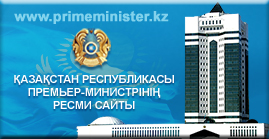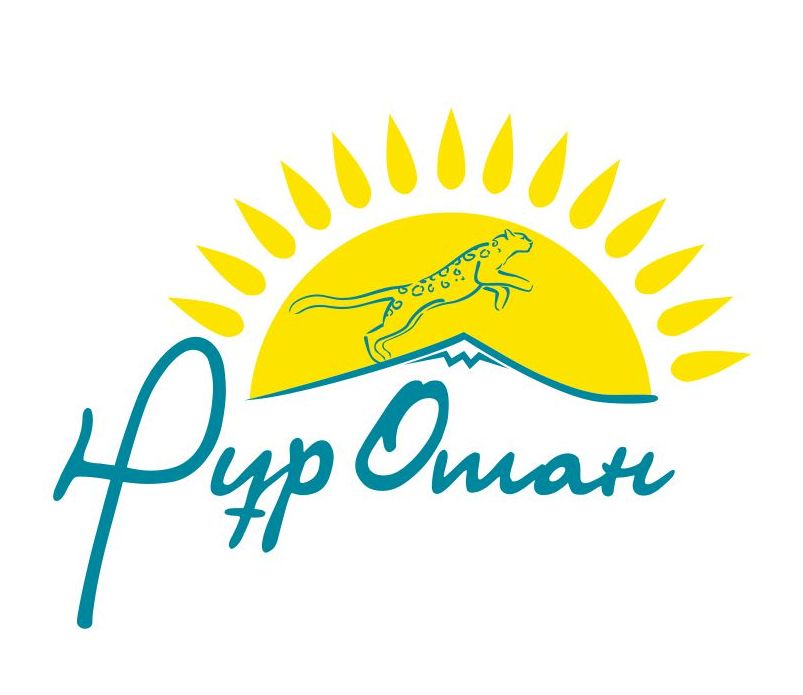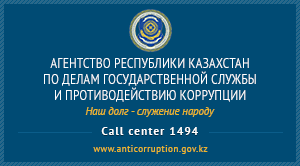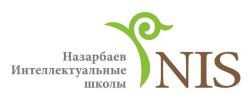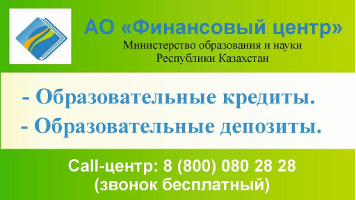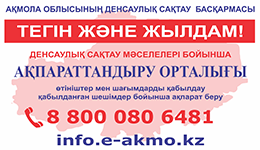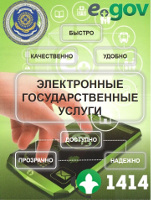
 22.02.2018
22.02.2018
Term 3
Lesson plan 4
|
Step Two. Health problems |
School: Gastello Secondary School | |||||
|
Date: 18.01.2018 |
Teacher name: Bolotova Valeriya | |||||
|
Grade: 6
|
Number present: |
absent: | ||||
|
Theme of the lesson: Keep warm.
|
Health problems 2 | |||||
|
Learning objectives(s) that this lesson is contributing to |
To understand sequences of supported classroom instructions To ask simple questions to get information about a growing range of general topics To understand independently specific information and detail in short, simple texts on a limited range of general and curricular topics | |||||
|
Lesson objectives |
All learners will be able to: · Listen and read new words; Most learners will be able to: · Read new words correctly · Answer some questions Some learners will be able to: · Use new words in practise | |||||
|
Success criteria |
- Activate vocabulary during the speaking task; | |||||
|
Pastoral care |
Learners are taught to be tolerant and respect each other | |||||
|
Value links |
Learners will discuss and express their thoughts about holidays | |||||
|
Kazakh culture |
- | |||||
|
Cross curricular links |
Physical education | |||||
|
ICT skills |
- | |||||
|
Previous learning |
Health problems | |||||
|
Plan | ||||||
|
Planned timings |
Planned activities (replace the notes below with your planned activities) |
Resources | ||||
|
Starter
5 min
|
Warming-up Greeting of the students. T:Good morning, dear children! Sit down! Who is on duty today? What date is it today? Who is absent today? Who can tell me, what day is it today? Ok, you are right! What season is it now? How do you do? I hope that you are fine! Are you ready for this lesson? Introduce lesson objectives. |
| ||||
|
Middle 10 min
20 min |
Checking the home task. Presentation of the dialog. Checking vocabulary. (Headache, sore throat, liquid, cough, fever, burn). Good job!
Open your copybooks and write down the date . Students, open your books on p 90 ex 10. Match problems with advice. Write down the lth problems on the cards. OK. Let’s do ex 11 p 90. Read the conversation and complete them with phrases. Listening the conversation and do the task.
|
Ayapova English book Atamura 2006
Audio Appendix 1 | ||||
|
Plenary\ Reflection 5 min
|
Ask learners what the most interesting/ difficult part of the lesson was. |
| ||||
|
H/t |
Ex 4, p 92 |
| ||||
|
Additional information | ||||||
|
Differentiation – how do you plan to give more support? How do you plan to challenge the more able learners? |
Assessment – how are you planning to check learners’ learning? |
Health and safety check
| ||||
|
Differentiation by peer support and task
|
Monitoring
|
Safety regulations are taken into account when planning and conducting the lesson. There are types of activities that meet the needs of learners with different learning styles and level. | ||||
|
Reflection
Were the lesson objectives/learning objectives realistic? Did all learners achieve the LO? If not, why? Did my planned differentiation work well? Did I stick to timings? What changes did I make from my plan and why?
|
Use the space below to reflect on your lesson. Answer the most relevant questions from the box on the left about your lesson.
| |||||
|
| ||||||



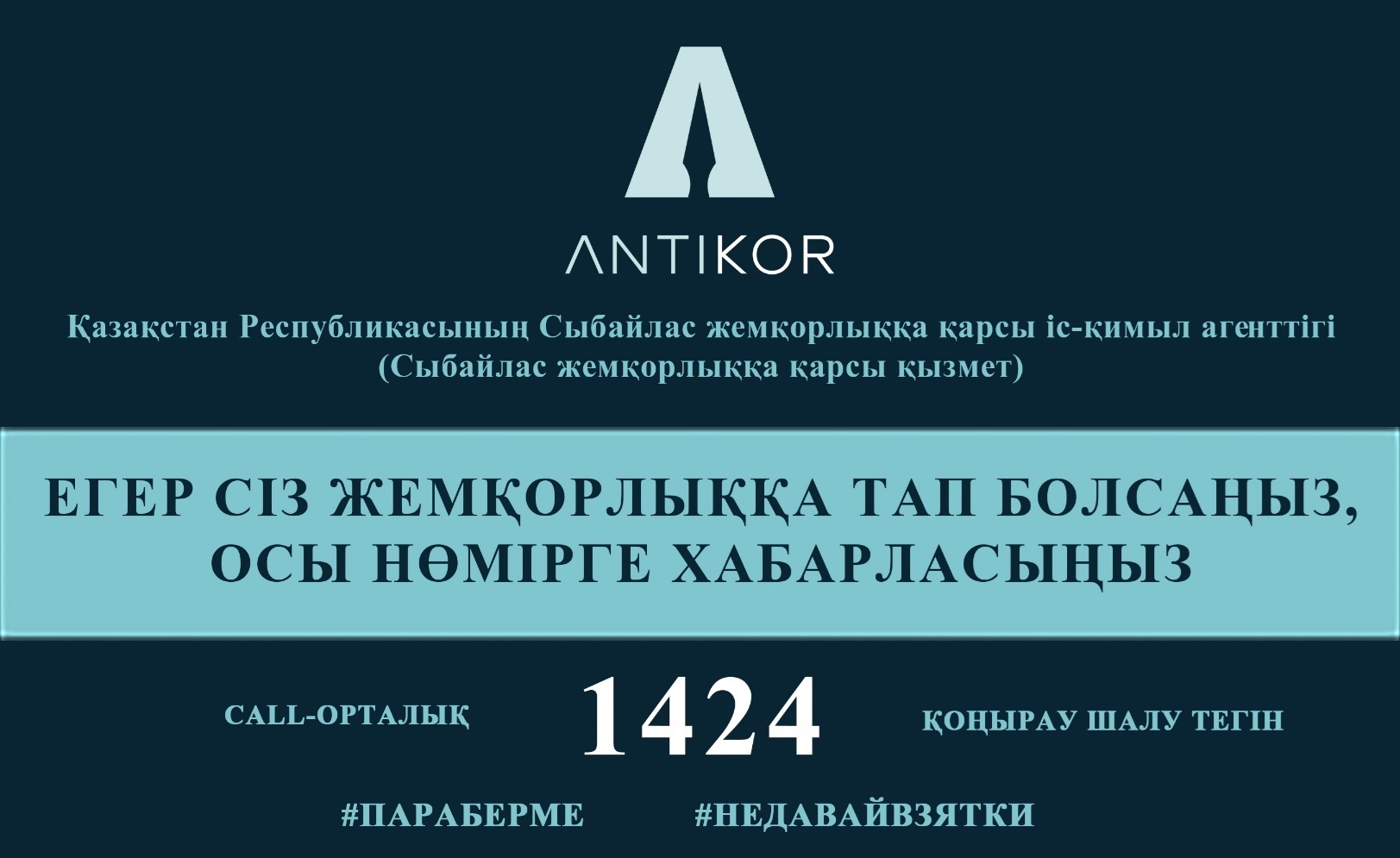
 Мектепке дейінгі балалар ұйымына жолдама қалай алуға болады
Мектепке дейінгі балалар ұйымына жолдама қалай алуға болады
 Мектепке тіркеу үшін құжаттарды қабылдау
Мектепке тіркеу үшін құжаттарды қабылдау


